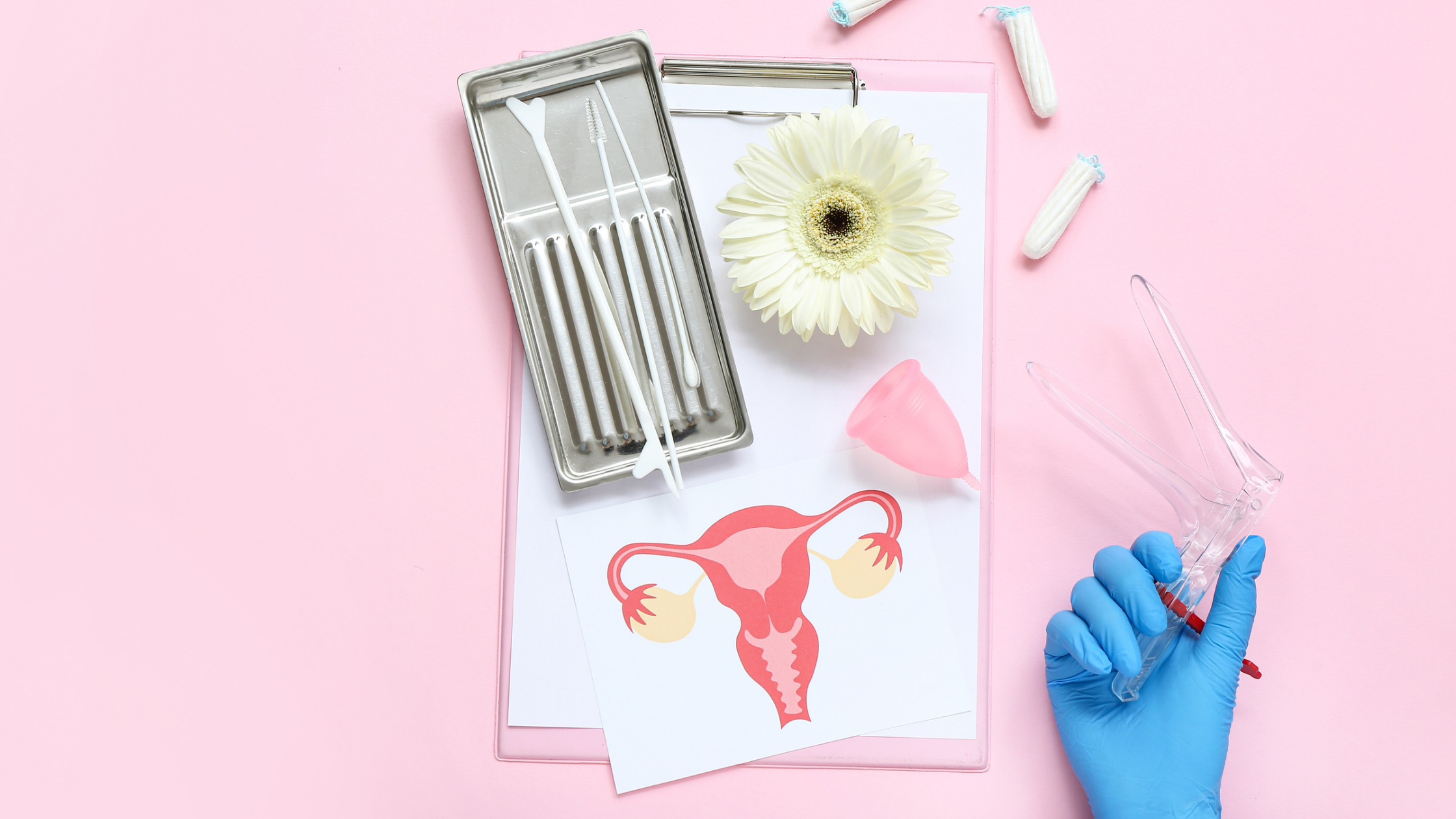Can You Get a Pap Smear on Your Period? What You Need to Know
Pap smears, also known as Pap tests, are a crucial screening tool for detecting cervical cancer and abnormalities in the cervix.
Can You Get a Pap Smear on Your Period? What You Need to Know
Pap tests are recommended every 1-3 years (depending on your age) and are a crucial screening tool for detecting cervical cancer and abnormalities in the cervix. It is also standard practice to include a Pap smear in routine fertility testing. Many individuals may wonder whether it's safe or advisable to undergo a Pap smear during menstruation. In this article, we'll explore this common question and provide guidance on what to consider when scheduling a Pap smear appointment.
Understanding Pap Smears
Pap smears involve collecting cells from the cervix to examine for any signs of precancerous or cancerous changes. The procedure is typically performed during a pelvic exam and involves using a speculum to gently open the vaginal canal and access the cervix. A healthcare provider (fertility doctor, gynecologist, nurse practitioner, etc.) then uses a small brush or spatula to collect cells from the cervix, which are sent to a laboratory for analysis.
Can You Get a Pap Smear During Your Period?
In most cases, it is safe to undergo a Pap smear while menstruating. Menstrual blood does not interfere with the collection of cervical cells or the accuracy of the test results. If you are someone with irregular menstrual cycles, it can also be hard to time a Pap Smear appointment. However, some healthcare providers may prefer to schedule Pap smears outside of menstruation for logistical reasons or to improve patient comfort.
Factors to Consider
While it is generally safe to get a Pap smear during your period, there are a few factors to consider:
1. Menstrual Flow: If you have heavy menstrual flow, it may be more challenging for the healthcare provider to collect adequate cell samples from the cervix. In such cases, your healthcare provider may recommend rescheduling the appointment for a time when you are not menstruating.
2. Comfort: Some individuals may feel more comfortable avoiding pelvic exams during their period due to concerns about hygiene or discomfort. If you prefer to wait until after your period, discuss your preferences with your healthcare provider, who can accommodate your needs.
3. Appointment Timing: If you have a regular menstrual cycle, consider scheduling your Pap smear appointment during the first half of your cycle, after your period has ended but before ovulation occurs. This timing can help ensure optimal sample collection and accuracy of the test results.
4. Menstrual Symptoms: If you experience severe menstrual cramps, bloating, or other menstrual symptoms that interfere with your comfort during pelvic exams, you may prefer to wait until after your period to undergo a Pap smear.
5. Provider Preferences: Some healthcare providers may have their own policies or preferences regarding Pap smear timing during menstruation. Be sure to communicate openly with your provider about any concerns or preferences you have regarding the timing of your appointment.
In most cases, it is safe to undergo a Pap smear while menstruating. However, individual preferences, menstrual flow, and healthcare provider recommendations may influence the decision to schedule a Pap smear appointment during menstruation. Ultimately, the most important thing is to prioritize your cervical health by attending regular screening appointments as recommended by your healthcare provider, regardless of the timing of your menstrual cycle. If you have any concerns or questions about Pap smears or cervical cancer screening, don't hesitate to discuss them with your healthcare provider.
Medical Disclaimer:
The information provided in this blog is intended for general informational purposes only and should not be considered as a substitute for professional medical advice, diagnosis, or treatment. Always seek the advice of your healthcare provider or qualified medical professional with any questions you may have regarding a medical condition. Never disregard professional medical advice or delay in seeking it because of something you have read in this blog.


